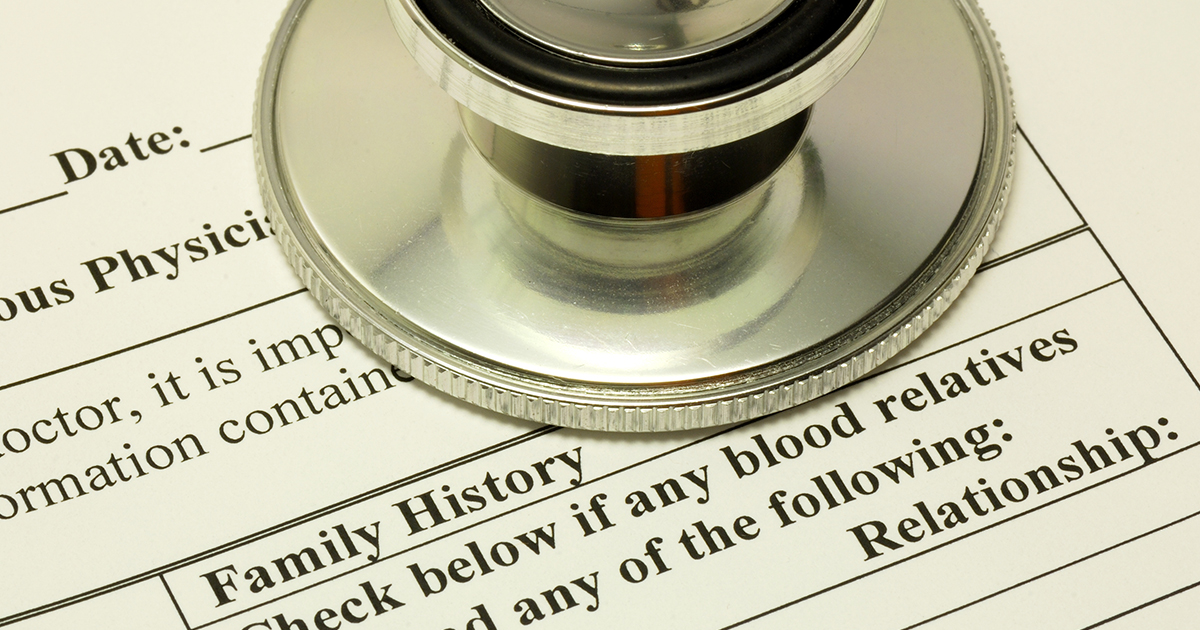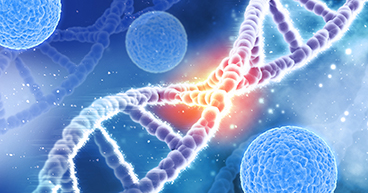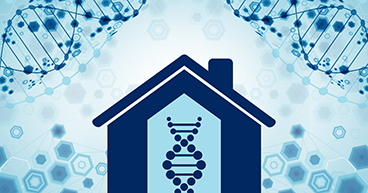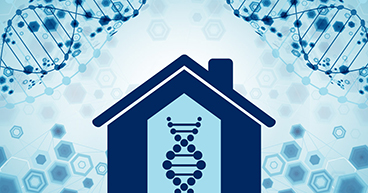
Your family’s health history may say a lot about your own health, and Mother’s Day is as good a time as any to learn more about the ones you love. Knowing your family’s medical background may help you make important decisions about screening and lifestyle choices. Conditions such as type 2 diabetes, high cholesterol levels and certain cancers often run in families.
The American Cancer Society estimates that 5 to 10 percent of all cancers are inherited, making the disease a big concern for many people. Keep in mind that certain risk factors may also be common across families. For example, if your family members smoke, the habit, not genetics, could be the link.
A trove of information
It’s important to learn all you can about the health conditions that have affected members of your family, even those going back a few generations. A detailed family history offers valuable information to help determine the kinds of health issues you may face. In fact, many doctors will ask you to compile a medical family tree as part of your health records.
“Knowing your entire family history allows you to understand what diseases you may be at risk of developing,” says Melanie Corbman, Genetic Counselor at our hospital in Philadelphia. “It is very important to know what is happening in your family so you can do what you can to protect yourself.”
Knowing if a relative had a disease like cancer is an important first step. But it’s also important to know at what age he/she was diagnosed. “Hereditary cancers tend to be diagnosed at younger ages,” says Corbman. “I usually tell my patients to be aware of cancer diagnosed before age 50,” says Corbman. “So make sure you know about family members who were diagnosed at 50 or younger for breast cancer, colon cancer, and be especially aware of cancer that started at a younger age than when it is typically diagnosed. Uterine cancer, for example, is usually found in women in their 60s, but if a woman is diagnosed under that age, I would meet with her and review her family history.”
Power in information
Having a family member who had a particular disease doesn't mean that you will definitely get it. The main reason doctors are interested in your family medical history is that you may take certain steps to lessen risk and/or prevent many inherited cancer conditions with a genetic component if you know you’re at risk. You may have access to more treatment options for many diseases, including several types of cancer, if they are caught early—which is more likely if have the necessary familiarity with your family history. Your doctor may be able to use the medical information found in your family tree to recommend the type and frequency of screening tests and determine if you or your family members should get a specific genetic test.
One way to get the information you need is to talk to relatives about their health history. Mother’s Day may offer a relaxed, personal setting to do just that. The U.S. Surgeon General has created a computerized tool called My Family Health Portrait that may help you get started soliciting valuable insight into your family’s health patterns.



